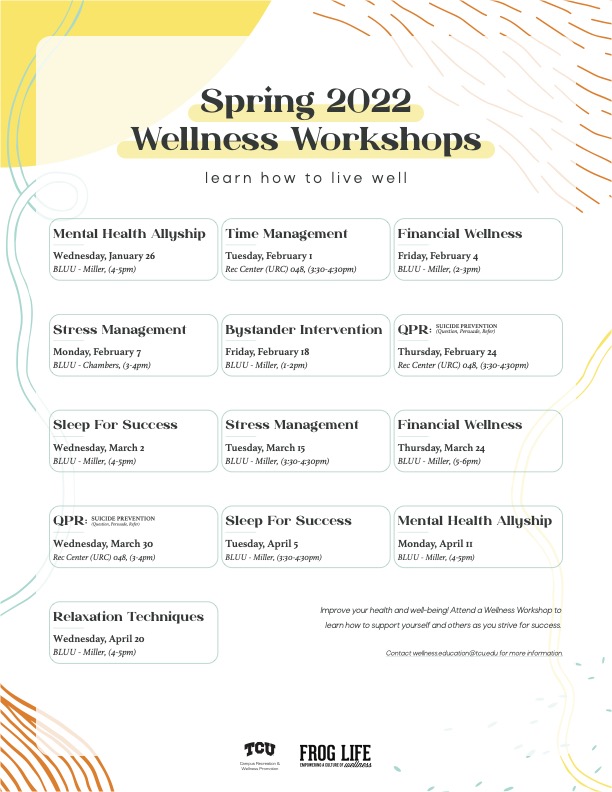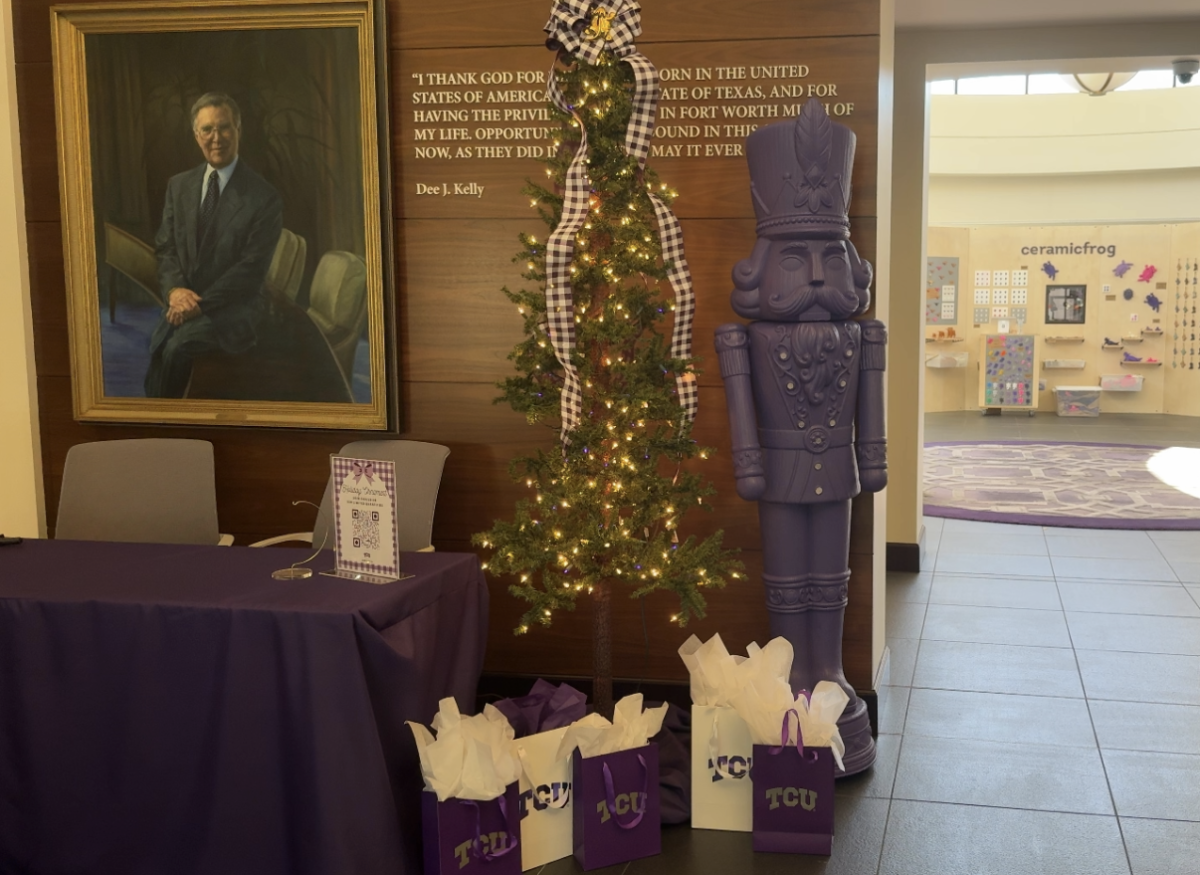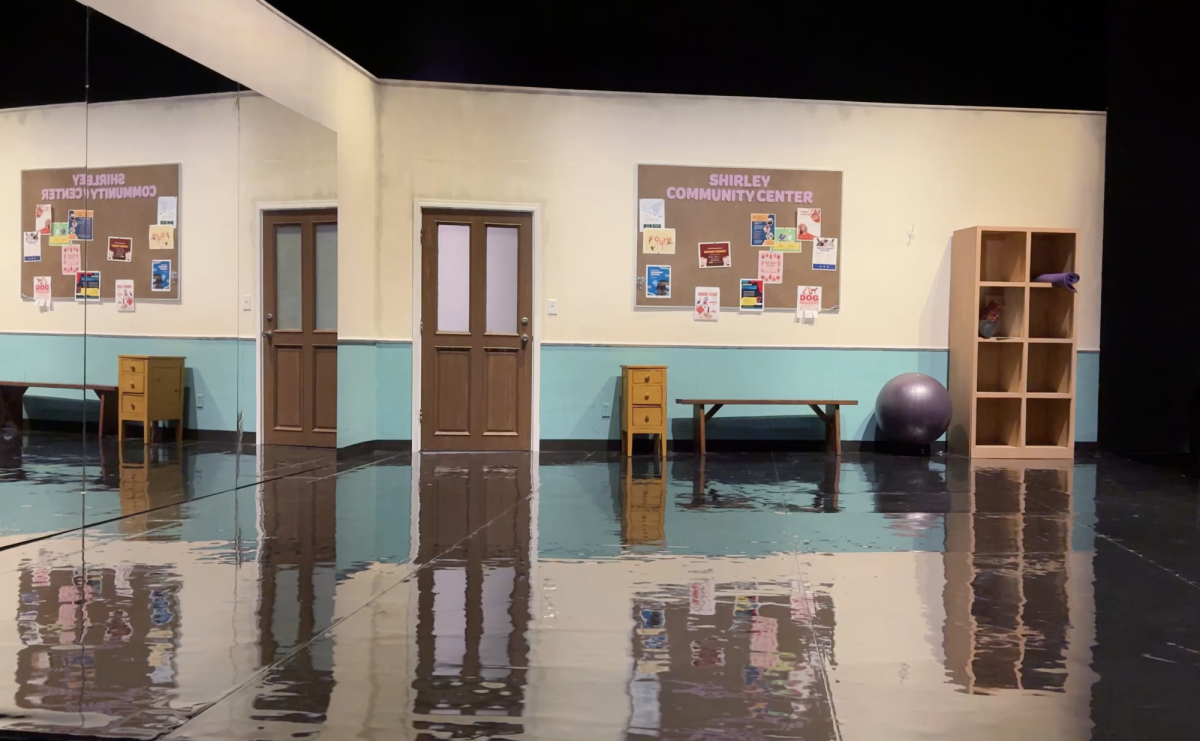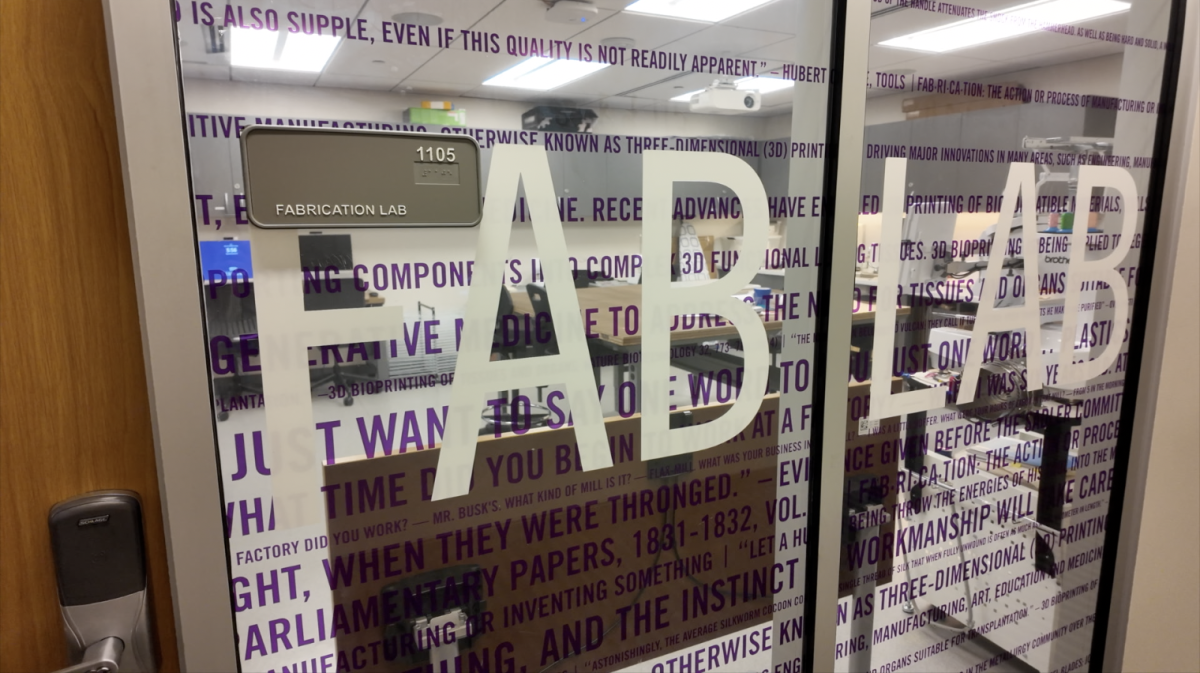During the bystander intervention workshop on Feb. 18, students learned how to analyze these types of situations and safely intervene.
“It really made you think of ‘you could do this, but you could also do that’,” said Joceline Rojas, a junior psychology major. “It also opened my eyes to see that it’s not only physical violence, it can also be in relationships and social media.”
The workshop was voluntary and free. It included interactive elements that prompted discussions and allowed people to practice applying bystander skills, said Brad Stewart, campus recreation and wellness promotion’s associate director for fitness services and wellness education. Stewart manages fitness services and fitness programming as well as the Wellness Education office.
“We watch multiple videos and we have multiple discussion points of ‘what are you seeing here?’ ‘What concerns you?’,” said Stewart. “After we go through about 30 minutes of baseline education on the subject, we say, ‘Okay, put this into practice.’”
Participants were given a variety of scenarios where they applied bystander skills that they had learned in the workshop. This helped students assess how to handle different situations.
“I think it’s important to know this information because it adds more knowledge into different ways that you can interfere if there’s a certain situation,” said Rojas. “Even if it’s the most littlest thing, you’re still doing something to make the difference.”
Rojas said she learned that intervening doesn’t have to be violent, it can be done by using spatial strategies.
“I never thought of the fact that you could even pretend to know the person or pretend you know someone,” Rojas said.
Stewart said he hoped that participants were empowered to be positive bystanders who can use their voices and take steps to foster change. He also said he hoped that participants understood that reaching out to others for guidance during a challenging situation is alright.
“Maybe it’s you and two or three other people or you delegate to somebody else who’s more knowledgeable and equipped than you,” said Stewart. “But that action of you talking to somebody else and not staying quiet completely changed then the course of how that incident happened.”

The workshop has been offered in the past, and it will continue to be offered in the future. The environment is welcoming in case participants are concerned about attending because of personal bystander experiences. Additionally, it is encouraged that attendees care for themself in these types of workshops, Stewart said.
“Before any workshop, we always give kind of a trigger warning or that we’re going to have some difficult conversations, but we all need to be respectful of each other’s opinions, thoughts and views,” Stewart said.
The next wellness workshop will be on Sleep For Success on March 2. For questions about workshops, reach out to Wellness Education.










